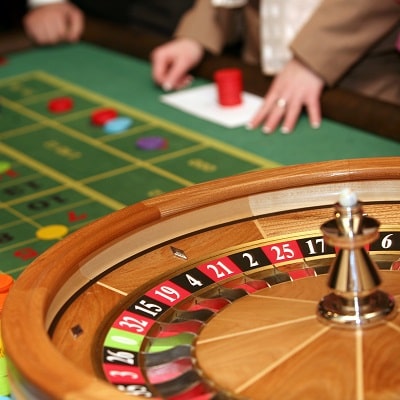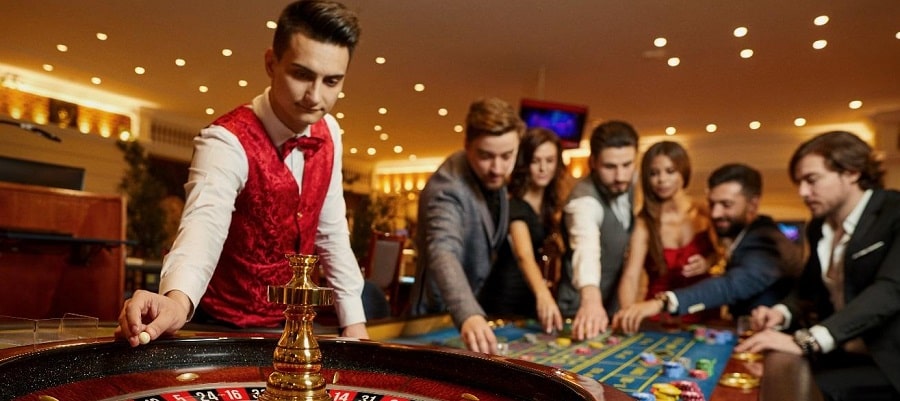
Roulette game
Strange as it may seem, there is no information about the exact date and place of the roulette game’s origins. Most sources point to China, whose inhabitants carved images of animals on stones. The prototype of roulette can also be traced back to Ancient Rome, where people drew lots and spun a wheel from a chariot mounted vertically. Furthermore, Roman mythology has its own wheel, by means of which the goddess of luck Fortuna ruled over the destinies of people.
Often the roulette wheel is linked to modern Europe, Blaise Pascal being its creator. Obsessed with building a perpetual motion machine, the scientist used a spinning wheel with balls and loved to gamble. There is an improbable theory that roulette originated within monastery walls, where the inhabitants used to spend their leisure time playing.
Precedents of roulette include the English even-number and roly-poly, as well as the Italian biribi. In those days in European states gambling was considered forbidden, both by the authorities and church officials. However, the battle was unequal; gambling captured the minds of subjects and parishioners alike.
The name ‘roulette’, translated from the French as ‘little wheel’, came into use in the 18th century, in Paris. This century brought a total spread of the game throughout the New World. One of the Canadian regulations of 1758, which banned gambling within the French colonies, also mentions roulette. Destroyed by the French Revolution, gambling establishments were restored by Napoleon, who taxed casinos for the benefit of the country.

Roulette in the Old and New World
Roulette rules have always provided revenue for the benefit of its organizers. Zero and double zero sections ensured that the house made a profit. A significant contribution to the development of roulette was made by Louis and François Blanc. The brothers contributed to the disappearance of double zero, reducing the profitability of gambling houses and increasing the popularity of the game.
François was lucky in business and over the years became a very wealthy man. This gave rise to whispers behind his back that he had made a deal with the devil, to whom he had sold his soul and learned the secrets of roulette. The rumours are reinforced by the widely known fact that the numbering of the cells on the reel is the ‘number of the beast’, 666. The arrangement of the numbers on the wheel, which hasn’t changed in nearly two centuries, was also invented by the Blanc brothers.
In 1837, French entrepreneurs were forced to move to Germany because of another ban on gambling in their country. In the mid-60s, the first gambling establishment appeared in Monaco.
American roulette experienced its heyday during the California gold rush, which began in 1848. The rules of the game changed slightly in the New World. In the USA, they kept the double zero and reduced the size of the betting field. The croupier had to work with his hands rather than with a special spatula. America banned casinos for a long 12 years (1919 – 1932), but could not destroy them, just the gambling business became shady.
